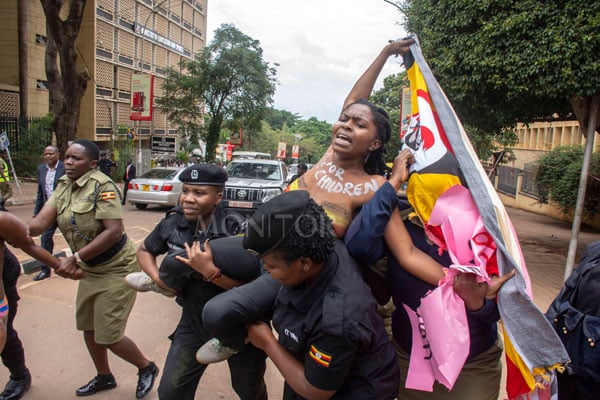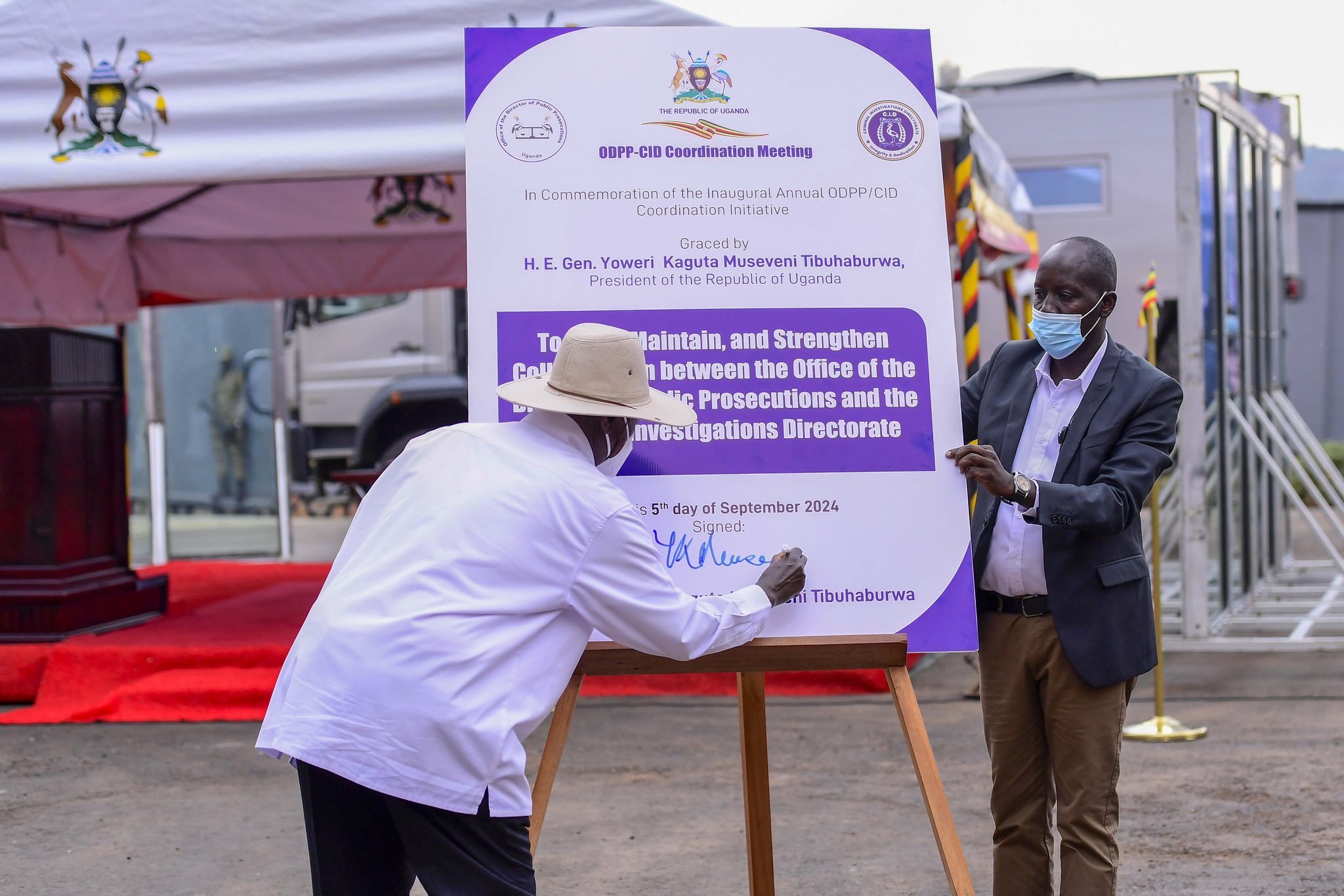Prime
Media Council is a victim of the huge trust deficit

Emilly Comfort Maractho
Since the directive by the Media Council of Uganda (MCU) on the accreditation of journalists before the deadline of December 21, many individuals and organisations have come up to suggest that the directive is not tenable.
In the process, many good meaning people have pointed out the gaps in the law and the fact that the MCU is not currently properly constituted to legally make demands on journalists.
Very interesting insights have since emerged. I personally believe the law needs a comprehensive review and the need for reform is urgent.
Part of the backlash has a lot to do with a deficit of trust. This lack of trust, not long ago killed the prospects for self-regulation that was an initiative of the industry.
Listening to officials of the Media Council on their intentions, it is easy to sympathise with them, even appreciate their point of view. I doubt, they would convince Ugandans that they are acting on their own initiative.
The MCU is a victim of what appears to be a norm in government today. Too many institutions of government have malfunctioned. It is almost as if there is competition among them to be seen to be doing enough to keep whatever status quo exists today, either for themselves or the benefit of those who enabled them to access these offices.
Some institutions are crippled, by simply not having them properly constituted as the law requires. For instance, the Uganda Human Rights Commission, which is a constitutional body, takes over a year to get a chairperson after a sudden passing of their leader.
The Commission is trying, but it is far from sitting in the right place to do its job in the absence of a chairperson. So when its acting chairperson wakes up to condemn some presidential candidates for inciting violence, despite these reporting several cases of abuse, it fuels the trust deficit.
Even institutions that constitutionally have mandates to function as independent from any interference, quickly fall in the trap.
Watching the Electoral Commission go about its business during this election, is about the most difficult thing to comprehend. It is easy to blame Justice Byabakama, for messing things up at the Commission and as some have argued, acting like a toothless dog. But the institution he leads was crippled long before he joined it.
The only thing that was done to make the Commission independent was add the word independent to its name. In its current form, even a barking dog would not deliver a free and fair election.
Whatever they do, even do right, is already tainted by this trust deficit. The problem is, some people who have no capacity to win the elections, will claim they were robbed of victory, because this commission cannot be trusted.
Lest I forget, there is the Uganda police. As soon as the MCU announced the directive on accreditation of journalists, Mr Fred Enanga, who speaks for the police force, was out to assure the public of their readiness to implement the directive and ensure that no journalists without the special card covers the election. With that, any semblance of good intention the Council had flew out the window.
The institution is itself difficult to call functional beyond using teargas. I have been chasing the police to give me a report for over two weeks, even after paying for it myself.
Like the Electoral Commission, a change of guard has done little to improve its image. We think change of leadership without meaningful structural reform will work. I will not go to Parliament, the army and the judiciary or others.
By focusing on the media, we assume that if the media did the right thing in as far as the elections are concerned, for instance if we had only accredited journalists report the elections, adhered to minimum broadcasting standards and barred the rest from sharing information, it would be okay. Far from it. We are knee deep in some sort of trouble. Several of these institutions are to blame.
A free and fair elections is the collective work of several critical institutions playing their part, but many of these are dysfunctional or in no place to live their mandate. It is the loss of trust in institutions that makes it difficult for ordinary people to imagine that the Media Council is working independent of some order from above.
While there are many well intentioned people in these institutions, it is difficult to make things work in the current institutional culture. In the next years, we should take re-building these institutions seriously.




